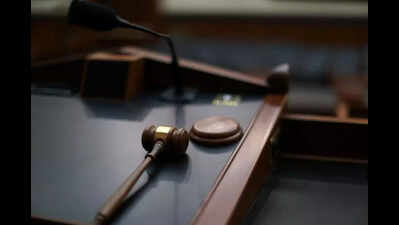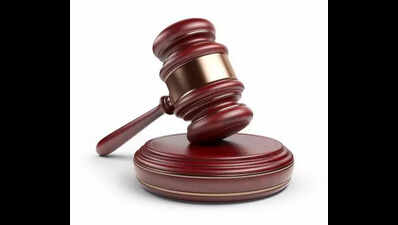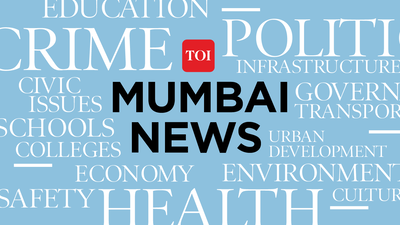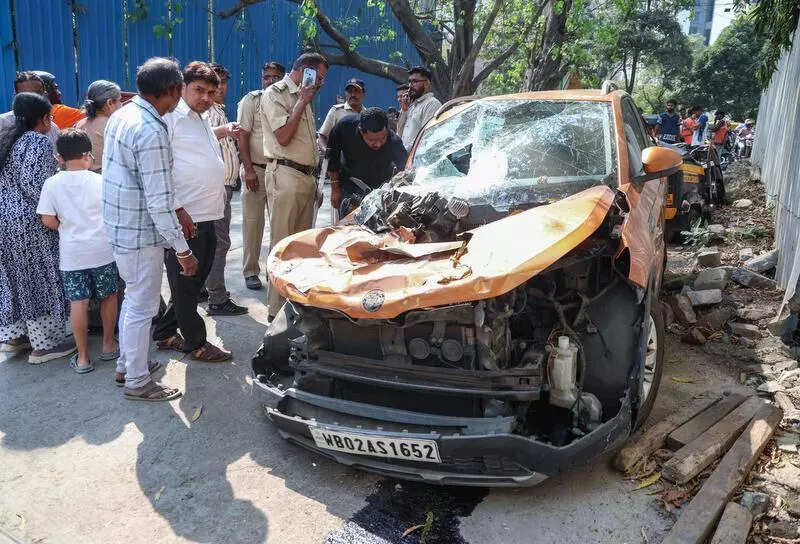Mumbai: In the ongoing trial related to the 1993 Mumbai bomb blasts, a special TADA court recently dismissed two pleas from the accused, who sought to exclude evidence of confessional and disclosure statements made by co-accused in earlier phases of the legal proceedings. The court emphasized that judicial discipline prohibits re-litigation of the same issues before a coordinating bench. A similar plea had been rejected by a previous judge, who ruled that an accused cannot exploit their own wrongdoing in evading trial to undermine the legal process. Special Judge VD Kedar stated that confessions of co-accused recorded in earlier parts of the trial would be admissible against co-accused in the current phase. There are 34 confessions from accused in the previous trial.This marks the third phase of the trial in the 32-year-old case, with several accused already convicted and serving sentences from earlier trials. The judge noted that a change in the judge does not equate to a change in circumstances or law, and the court is not in a position to re-adjudicate legal issues previously settled by the same court. The judge also referenced Supreme Court orders in the cases of convicted accused Abu Salem and Mustafa Dossa, which allowed accused individuals to cross-examine witnesses from earlier trials, thereby providing them an opportunity to address the evidence, including confessions.The Supreme Court is currently hearing appeals from Abu Salem and others convicted in the second phase of the trial in 2017. Consequently, the issues raised by the current accused are sub-judice and cannot be decided at this time. The seven men standing trial in this phase include Farooq Mansoor alias Farooq Takla, Ahmed Kamal Shaikh alias Ahmed Lambu, Munaf Halari, Abu Bakr, Mohammed Saeed, Mohammed Shoaib Qureshi, and Mohammed Yusuf Ismail Shaikh. The pleas were filed by Shoaib and Yusuf, who argued that they were not tried jointly with the accused whose confessions were recorded earlier.Yusuf contended that the prosecution should not be allowed to examine a former cop who previously deposed in the first part of the trial, where he arrested accused Salim Mira Shaikh. Yusuf argued that since Salim Mira Shaikh is not being tried alongside them, his confession should not be used against him. Shoaib argued that the evidence of witnesses on the confessions of previously tried accused is irrelevant and inadmissible in the current matter.Special public prosecutor for the CBI, Deepak Salvi, opposed the pleas, submitting that the admissibility of co-accused confessions had already been decided in the second part of the trial. Salvi argued that entertaining these pleas would amount to a review of that prior order, which is impermissible. He emphasized that the accused were main conspirators in a well-planned conspiracy that resulted in the bomb blasts on March 12, 1993, killing 257 people and injuring over 713. Salvi further noted that Shoaib and Yusuf were declared proclaimed offenders in 2007 and 1997, respectively, and a Red Corner Notice was issued by Interpol to apprehend them. Investigations revealed their deep involvement in the conspiracy, including attending a conspiratorial meeting in Dubai and receiving arms training in Pakistan.











